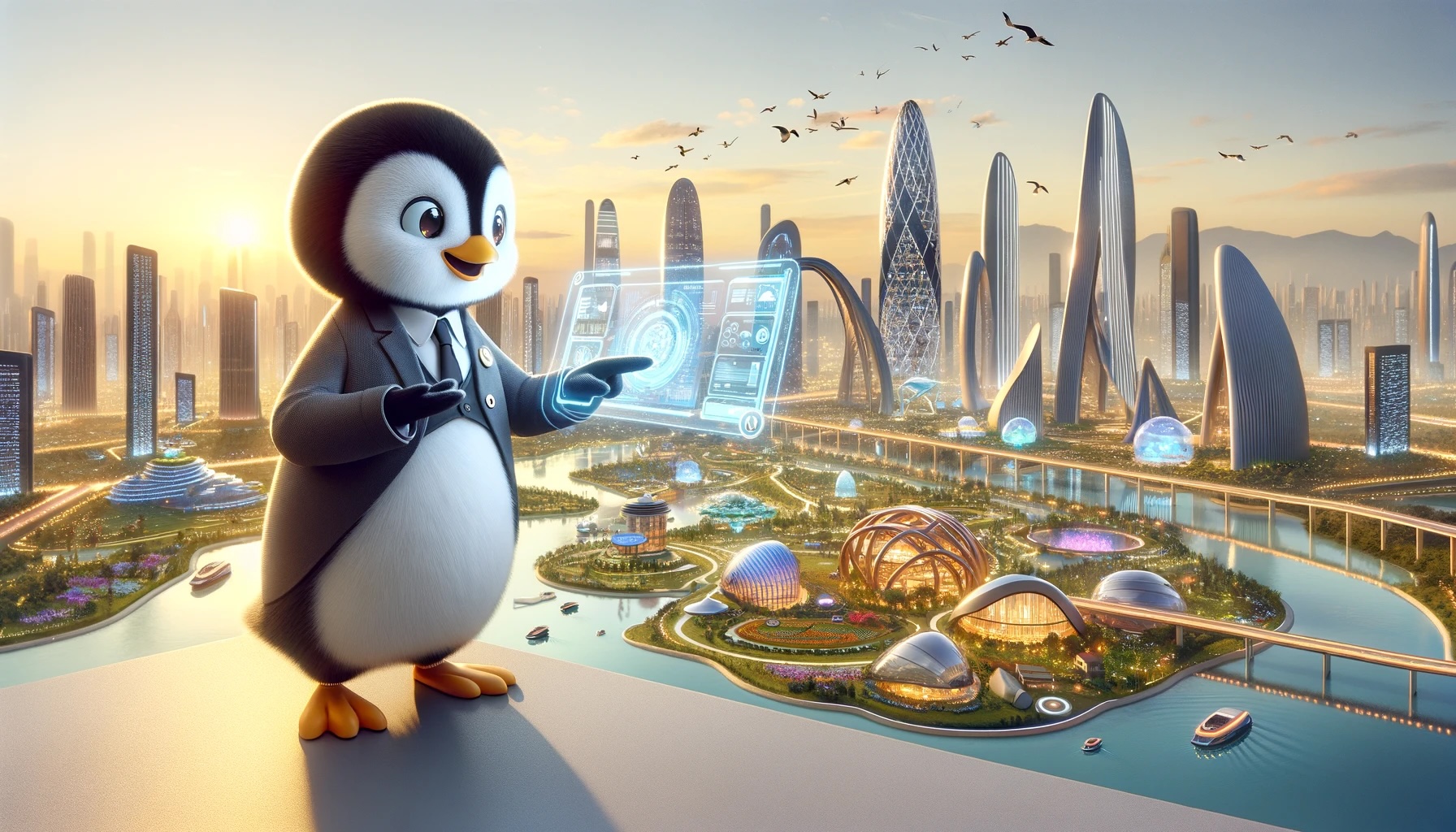It took thousands of years of civilization for most humans to live with stable shelter, food, and water. As people, we keep striving for more. We quickly become accustomed to any experience. In developed countries, we have supercomputers in our pockets with access to all human knowledge for free. We can message anyone alive. But with time, advancements that at first are radically outside the norm get boring. We seek novelty.
Invention
We invent material goods and experiences. A first night out at a bar or party could be amazing. Novelty is attractive. It’s fun. It’s different. Most of humanity craves something new. It’s why we’re addicted to social media and email. We constantly want to know what’s new.
But anything can become stale. Each time we reach a milestone, it becomes the norm. It suddenly no longer matters. This is why innovation happens.
At the same time, humans crave predictability and structure. Perhaps it’s programmed. From nurture, schools taught us to be drones in a system. From nature, many of our ancestors survived because they didn’t rock the boat. They did what was expected of them. Yet paradoxically, we also, more than anything, crave novelty.
A Novelty Too Far
However, when something is too new, people attack and mock it. Usually, they’re correct to mock the crazy thing, but sometimes they’re wrong. The novelty thought crazy could be the future. Most stepwise gains have been this. Most startups and breakthrough products were once mocked, from Apple’s first iPhone to AirBnB’s business model.
Completely disrupting paradigms upsets our sensibilities. No matter how many conferences or buzzwords there are around disruption or creative destruction being good, the innate reaction of people is to fight back. They want to protect their idols. Protect their union or monopoly.
They say they appreciate innovation, just not in their backyard. So we don’t want true novelty, and we don’t want a predictable life. Humanity craves something else.
The Golden Mean: Predictable Novelty
As a civilization, what the masses truly love, or at least are addicted to, is predictable novelty– the annual product launch of the company you know, the weekly sporting contest of the sport you know, the sequel to the movie or book you know, the concert where they play the songs you’ve heard. You’re with others who share your enjoyment of the experience. Each time, it’s a little different.
They’re all predictable but different every time. They follow the same framework. From sports games to the weather, it’s not too outside the norm. The same goes for social media and email. It’s predictably novel.
Humans desire novelty that fits within a framework. We love an underdog story, but it can’t be too predictable to guess every line. However, it’ll follow the same Hero’s Journey. Each story has a chance to do it in a new way. It’s a puzzle to fill in the blanks, but it needs to fill in the blanks of the puzzle.
True Novelty
For all humanity’s faults, our lives and societies are better than ever. We have more possibilities and freedoms than any other humans in history.
This is due to our addiction to predictable novelty. We work, compete, travel, go out with friends, eat, sleep, and form relationships. Every one of these follows a predictably novel structure. Doing something that isn’t predictably novel is terrifying. It’s far outside the norm of what we’re used to.
The beauty of Ender is that we’re doing something truly novel: solving a systems problem. But at the same time, our product should feel predictably novel. At our best, Ender works how you’d expect a smart system to work.
We need to be truly novel to push civilization forward. We need to be predictably novel to gain acceptance.
